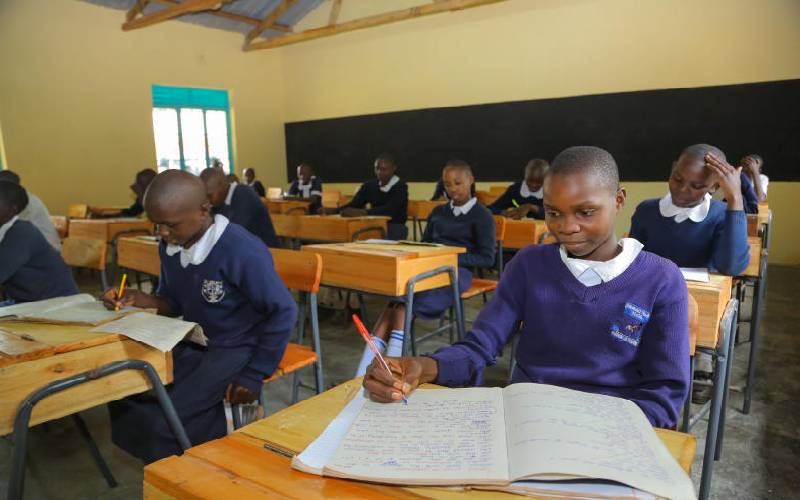
It is in every country’s interest to equip citizens with information to promote their health. This would enable them to meaningfully participate in nation building. But frequent reports of disease outbreaks could imply that the anticipated objectives of health and nutrition education have not yet been realised.
Early last year, at least 100 people were diagnosed with chikungunya in Mombasa. More recently, hundreds of students in a number of counties were diagnosed with cholera. Interestingly, cholera is one of the easiest diseases to control. And, in the month of June, this year, a suspected Ebola case caused a big scare in the country. The need therefore, to educate the public on these diseases is imperative.